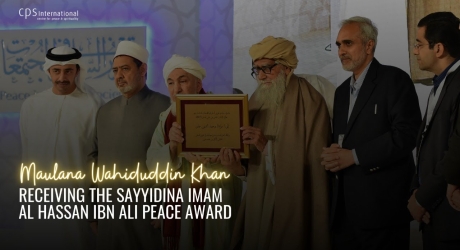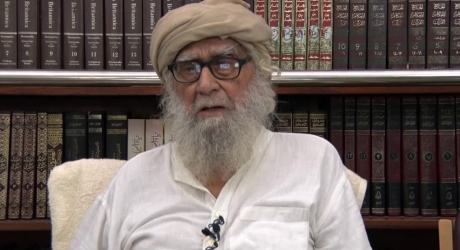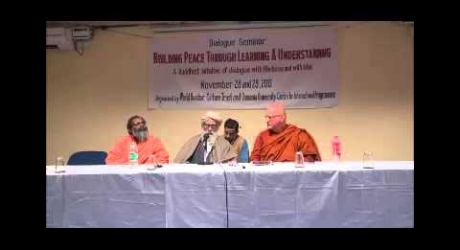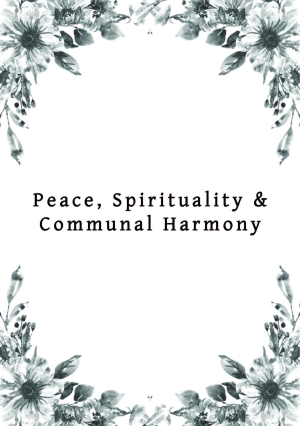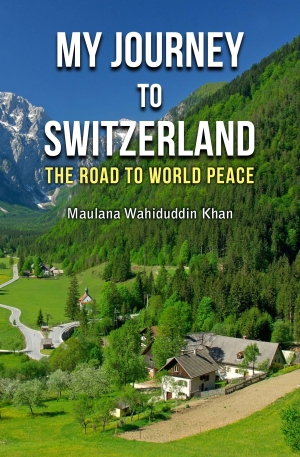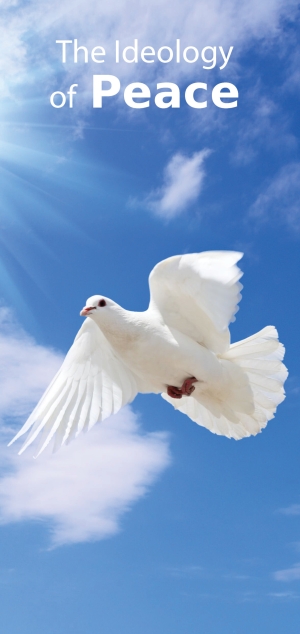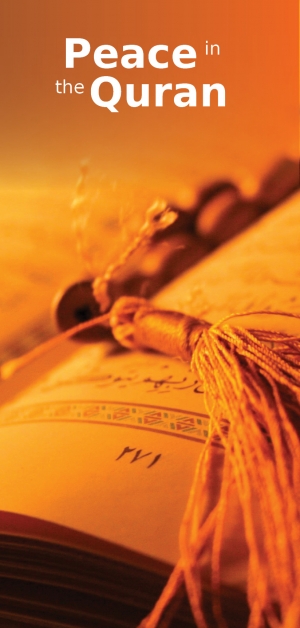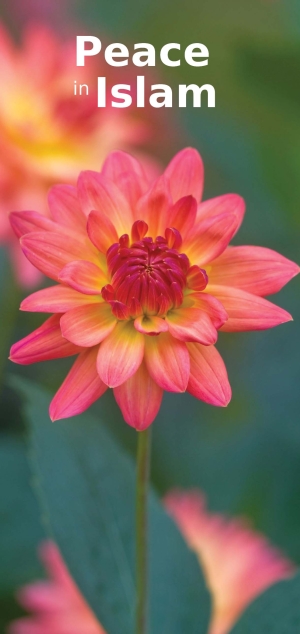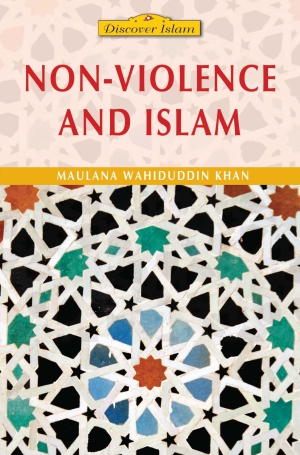In a globalised world comprising multi-cultural, multi-religious pluralistic societies, peace and harmony can be maintained only through interpersonal, interfaith, intercommunity, and international dialogue. Islam is based on the principle of dawah, which is another name for peaceful negotiation and dialogue. The Prophet of Islam started his mission in 610 A.D. His mission was to communicate his ideology to people by talking to them, listening to their objections, and trying to convince them of his viewpoint using arguments. It was but natural that his mission should become subject to bilateral negotiation or dialogue.
The Quran lays down specific, meaningful guidelines to make this dialogue fruitful: “Say: “O People of the Book! Come to common terms as we worship none but God between you and us.” (3:64) This verse tells us what the subject of discussion should be when a conversation is being held between two parties. The beginning of a dialogue should not be started with a controversy. Instead, a common ground should be sought on which the discussion should begin. Therefore, the sequence of the discussion should be from agreement to difference of opinion and then back to the agreement.
In Islam, the formula for social peace, social harmony, and inter-faith dialogue is based on peaceful co-existence as has been given in the following verse of the Quran: “To you then be your way. And to me be mine.” (109:6) The principle of dialogue given by Islam is, “Follow one and respect all”, or the method of ‘mutual respect. (109:6) While respecting others, we must welcome differences wholeheartedly without any reservation. It is hatred that must be eliminated and no difference of opinion. People may have their differences in beliefs, religion, culture, etc. While following their religion, they must have mutual respect for others and discover a common bond, which shows them all to be human beings.
Featured Articles
Featured Videos
FAQs
There are three types of dialogue in my experience. The first is debate, which is when someone wants to win by showing or proving his or her theology’s superiority. In my opinion, this actually is no dialogue at all. It even kills the spirit of dialogue and makes people either scream in anger or be silent. The second is the search for unity. This means that you try to unite all religious doctrines by seeking to eliminate their differences. But by this people also deny their own identities and the distinguishing thoughts, understandings, and behaviours that characterize their lives and communities. Nature, traditions, and social structures are never uniform and cannot pretend to be. The third form of dialogue is intellectual partnership. In this case, we learn from and about each other, and even about ourselves by being shown a mirror from another perspective. This is the only genuine way of dialogue.
Source: Spirit of Islam September 2016
In Islam, the formula for social peace, social harmony, and inter-faith dialogue is based on peaceful co-existence as has been given in the following verse of the Quran:
“You have your religion and I have mine.” (109:6)
In other words, the principle of dialogue given by Islam is, 'Follow one and respect all', or the method of ‘mutual respect’. As per the teachings of Islam, while respecting others, we have to welcome differences wholeheartedly without any reservation. It is hatred, which has to be eliminated, and not difference of opinion. People may have their differences in belief, religion, culture, etc., but while following their religion, they have to have mutual respect for others and discover a common bond between them, which shows them all to be human beings.
Another principle of dialogue can be drawn from the Hudaybiyyah Peace Treaty signed only after long negotiations between the Prophet of Islam and the Quraysh. It is a matter of historical record that the conclusion of this treaty was possible because the Prophet unilaterally accepted the conditions laid down by the Quraysh. The principle of dialogue derived from this Sunnah (method) of the Prophet is that both parties should present their viewpoints supported by arguments, while remaining ever ready for give and take, rather than insisting on all demands being unconditionally met. In practical matters, Islam advocates flexibility to the ultimate possible extent.
Again, in the presence of the Prophet of Islam, tripartite talks were held between representatives of three religions—Islam, Judaism, and Christianity, in the Prophet’s mosque in Madinah. This historic event, which took place in the sacred place of worship, shows the importance given to peaceful dialogue in Islam. These examples, which are many in number, relate to the golden age of the Prophet and his Companions. That is why; the practice of dialogue in terms of bilateral negotiation enjoys the position of an established principle in Islam.
Source: Spirit of Islam April 2019
Islam prescribes to dialogue for peaceful negotiation. Islam is based on the principle of dawah, which is another name for peaceful negotiation. Violence is totally forbidden in Islam.
In the realm of religion, today, differences are managed only through meaningful and positive ‘inter-faith dialogue’ between people of world religions. The aim of dialogue is to seek peaceful solutions to controversial matters, in spite of differences. There may be differences in religion and culture, but there is absolutely no difference or discrimination between people in terms of respect and honour.
The principle of dialogue is that the parties should present their viewpoints supported by arguments, while remaining ever ready for give and take—a pre-requisite of a successful dialogue—rather than insist on all demands being unconditionally met.
Source: Spirit of Islam April 2019


